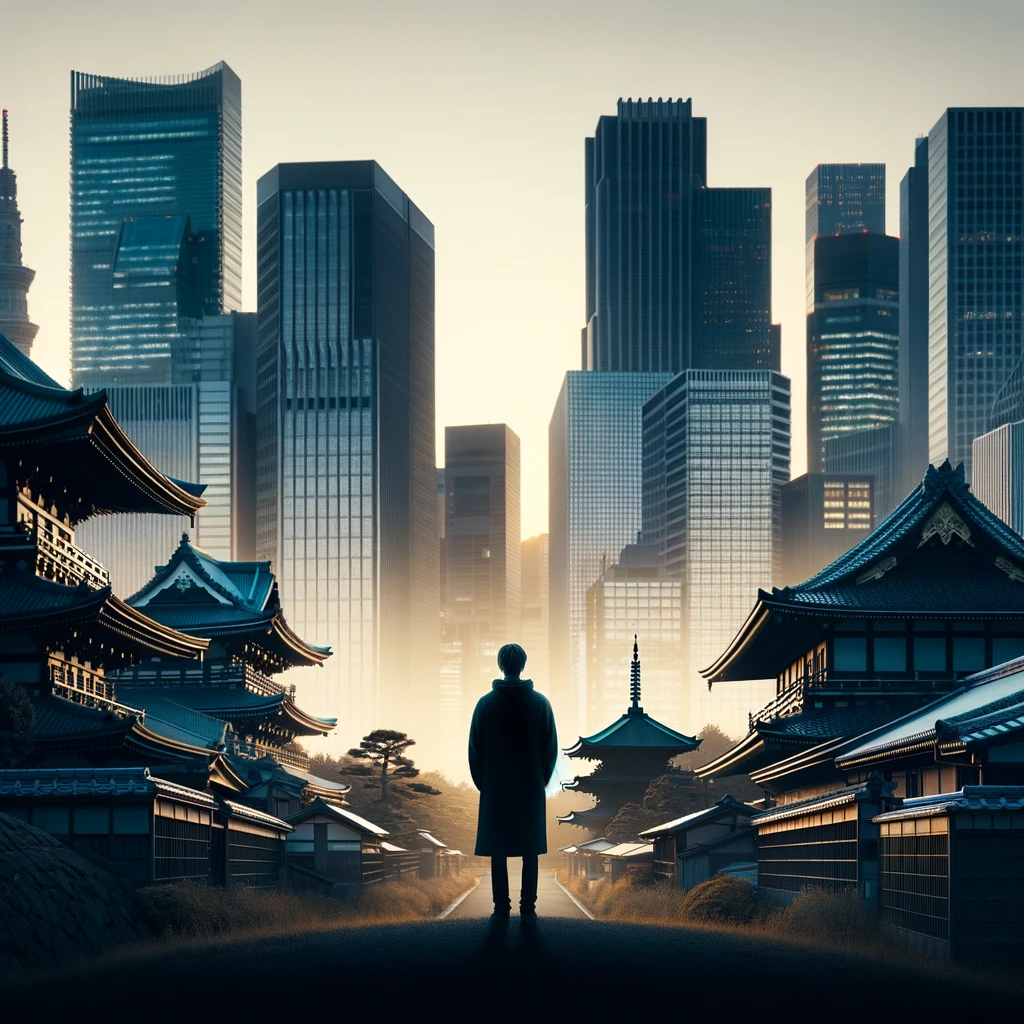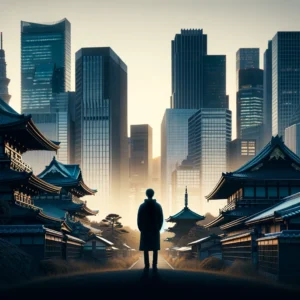Physical Address
304 North Cardinal St.
Dorchester Center, MA 02124
Physical Address
304 North Cardinal St.
Dorchester Center, MA 02124


In the buzzing life of Tokyo, where ancient traditions crash into neon future vibes, there’s a quiet storm brewing. The word “hikikomori,” once barely whispered, is now a loud topic in Japan’s big societal chat room. We’re talking about folks who hit the pause button on social life, choosing to stay in their rooms for months, years, or even decades. Let’s dive deep into what’s up with the hikikomori scene, peeling back the layers to see how it touches lives and shakes up society.
Understanding the Roots
“Hikikomori” translates to “pulling inward,” which pretty much nails the vibe of dipping out from social scenes. It’s not just about being shy or loving your alone time; it’s about seriously stepping back from the world. According to Japan’s Health, Labor, and Welfare Ministry, a hikikomori camps out at home for at least six months, skipping work or school and hardly chatting with anyone outside their fam.
The Why Behind the Withdrawal
So, why do some folks go hikikomori? It’s complicated and super personal. For some, it’s the mega pressure from school and society. Others feel like they can’t live up to everyone’s expectations, which feels like a massive fail. Bullying, mental health struggles, and fear of rejection also throw fuel on the fire. In a place that’s all about fitting in and winning at life, feeling out of sync can be really tough.
Life Inside the Cocoon
Picture this: Your whole world is your room. The internet is your lifeline, connecting you to others who get it, while also being your escape hatch. Time gets all mushy, with nights and days blending into whatever routine feels right. But it’s not all chill; many folks deal with guilt, loneliness, and feeling stuck.
The Ripple Effect
The hikikomori thing doesn’t just mess with the person; it’s a whole vibe that affects families and society. Parents are torn between wanting to help their kid and pushing them to get back into the world. Plus, it’s a big deal for Japan’s aging society, putting more pressure on workforces and social services.
Emerging from the Shadows
Getting back into the swing of things isn’t easy. It takes guts, plus a whole lot of support. Counseling, support groups, and job help can make a big difference. What’s also key is changing how society views mental health and social withdrawal, making it easier for folks to step back into the light without feeling judged.
A Global Reflection
While hikikomori started in Japan, it’s a worldwide thing now. Today’s world, with all its online connections and sky-high expectations, means more people feel the urge to step back. Understanding and tackling the root causes has never been so important.
In Conclusion
Diving into the hikikomori trend has shown us the delicate dance between personal battles and what society expects. It’s a heads-up that behind every door closed to the world is a person dealing with their own stuff. By building a kinder, more supportive community, we can help open those doors again, showing there’s a place for everyone in the big wide world.
Summary
This ride through the hikikomori world explored why people choose isolation, what their daily life is like, and how it all plays out in society. It’s a call to be there for each other, understanding that this issue isn’t just a Japan thing—it’s a human thing.
FAQs
Q: Is hikikomori a mental illness?
A: It’s not a mental illness on its own, but it often hangs out with other mental health issues like depression or anxiety.
Q: How many people are hikikomori?
A: Hundreds of thousands in Japan, and it’s catching on globally.
Q: Can hikikomori peeps make a comeback to society?
A: Absolutely! With the right vibe and support, many find their way back to a more connected life.
Reference Links
Jumping into the hikikomori story gives us all a chance to learn about the dance between being your own person and being part of a community. It’s a reminder to spread a little kindness and understanding, no matter where we are in the world.